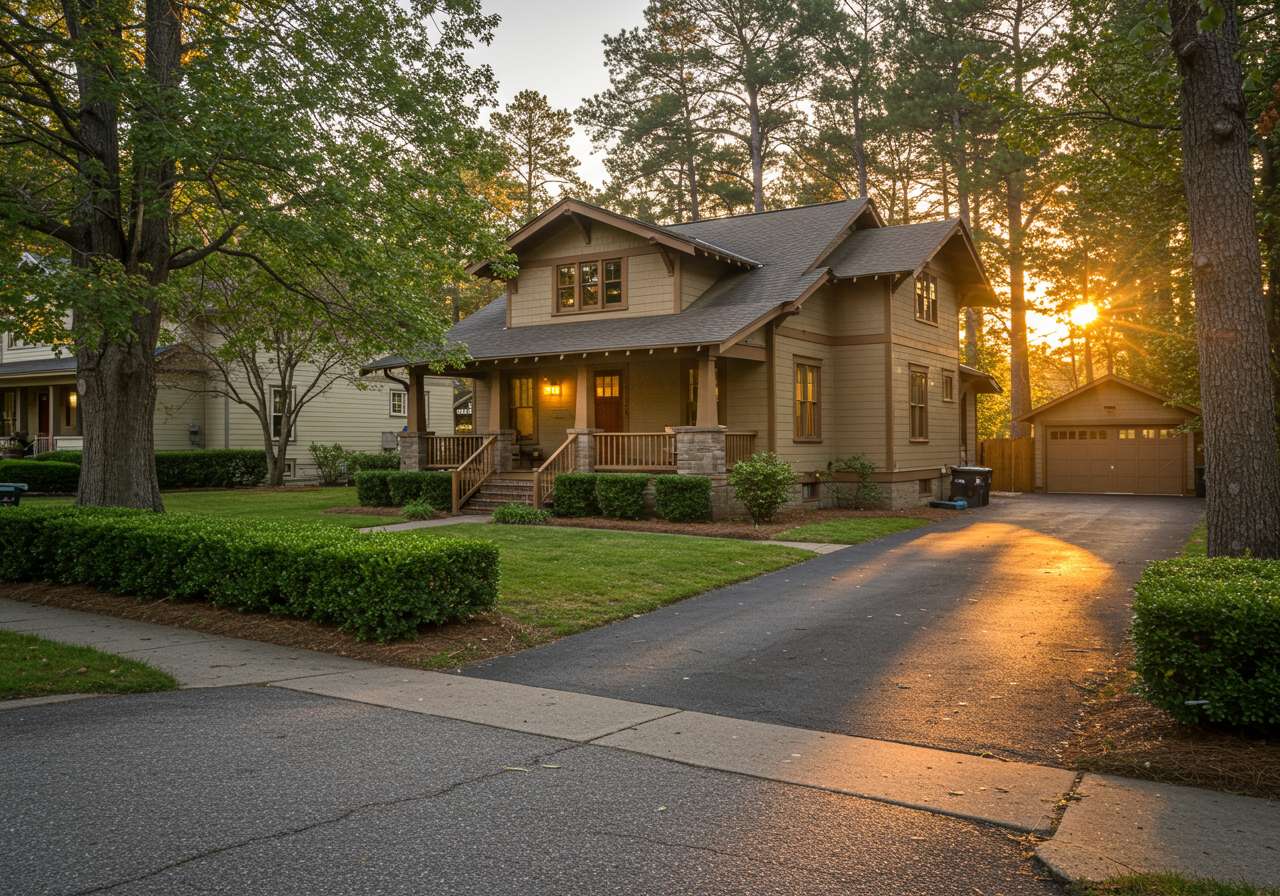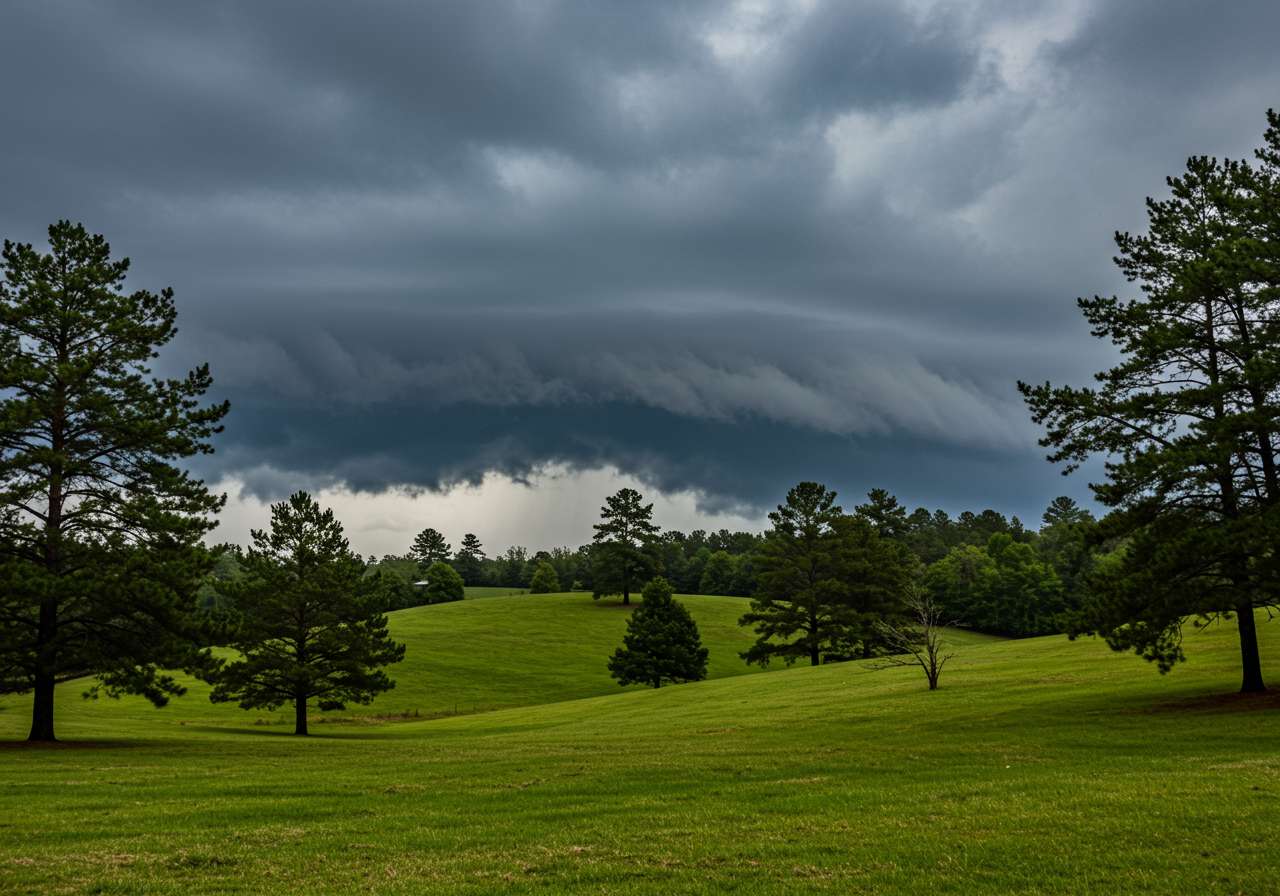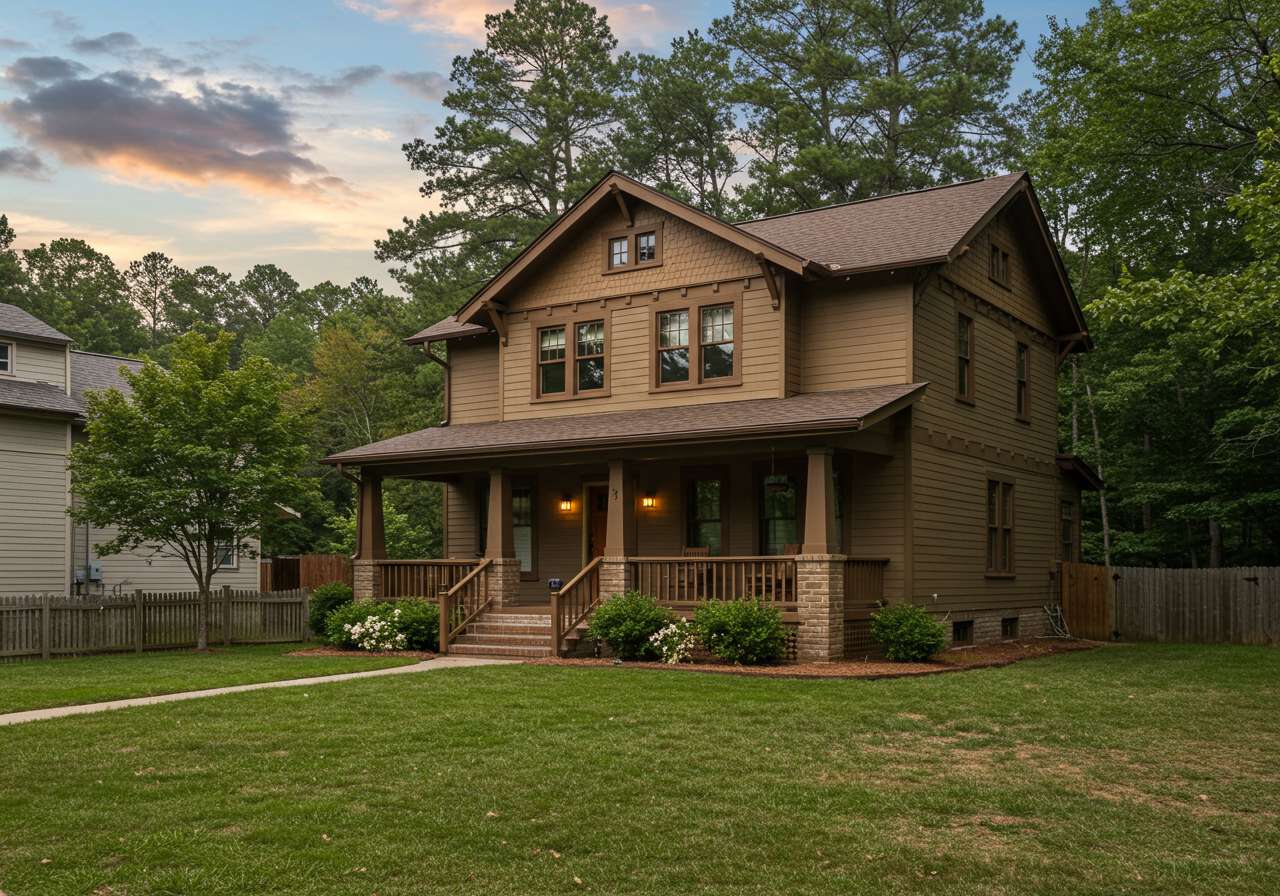Hidden Dangers of Moisture Barrier Failures in Concord, NC Roofing Systems
Most Concord homeowners know to watch for missing shingles or visible hail damage after a storm. But what about the dangers lurking unseen beneath your roof’s surface? The real threat for many homes in Concord, North Carolina, is moisture barrier failure—a silent problem that can slowly undermine your roof’s integrity, threaten your home’s structure, and drive up repair costs.
Common Causes and Signs of Moisture Barrier Failure in Concord Roofs
Moisture barriers, sometimes called vapor barriers or underlayments, are essential components of modern roofing systems. Their job is to prevent water vapors and moisture from infiltrating your attic and roof deck. But what makes these barriers fail, especially in our local climate?
How Local Weather Impacts Your Roofing System
- High humidity: Concord’s humid summers allow moisture to accumulate in attics and roof cavities, increasing the risk of condensation if barriers are missing or damaged.
- Freeze-thaw cycles: In winter, fluctuating temperatures can cause trapped moisture to freeze and thaw repeatedly. Over time, this damages your roofing materials and can even split wood decking.
- Rain and wind-driven storms: While shingles shield your roof from direct rainfall, improper or aging barriers allow wind-blown moisture to penetrate, especially at seams or eaves.
Wondering how to spot trouble before it spreads? Be alert for these red flags:
- Musty odors in upper floors or attic spaces
- Unexplained paint bubbling or staining on ceilings and walls
- Visible mold or mildew in attic corners or along rafters
- Soft spots or discoloration on roof decking when viewed from the attic
These issues often develop even when your roof appears fully intact from the street. Moisture barrier failure rarely produces a dramatic leak. Instead, damage accumulates slowly, often going unnoticed until costly repairs are needed.
Why Proper Installation and Ventilation Are Critical for Concord Homes
Not all moisture barriers are created equal, and not all installations meet the latest building codes. Here in Concord, updated codes require specific underlayments and venting strategies to manage our climate’s unique challenges. But what happens when these aren’t followed?
Poor Installation or Aging Materials
- Barriers installed with gaps or overlaps in the wrong places create weak spots for moisture intrusion.
- Some older homes were built before advanced vapor barriers were standard—meaning there’s little defense against today’s more extreme weather patterns.
- Even top-quality barriers can degrade over time, especially after repeated exposure to heat, humidity, and ice.
The Role of Ventilation
Proper attic ventilation is just as important as an effective moisture barrier. Without it, warm, moist air from your living space can rise, condense on cool surfaces, and trigger a damaging cycle of mold, rot, and insulation failure. Concord homes with blocked soffit vents, under-sized ridge vents, or no powered ventilation face the highest risks.
Curious how your home stacks up? Free professional roof inspections can quickly reveal whether your barriers are holding strong or showing signs of failure.
Local Solutions for Long-Term Roof Protection
- Replace old or compromised underlayments with advanced moisture-blocking materials rated for high humidity.
- Upgrade attic ventilation to meet or exceed Concord’s current building codes.
- Schedule annual inspections, especially after major storms or freeze events.
- Address minor signs of trouble—like mold or discoloration—before they escalate into major repairs.
Protecting your roof’s hidden layers is one of the most cost-effective ways to safeguard your entire home. If you’re unsure about your current roof’s condition, don’t wait for a major leak to appear—subtle moisture damage can lead to expensive repairs, insurance headaches, and even structural issues if left unchecked.
Concord-Specific Guidance and Insurance Considerations
Concord’s evolving building codes reflect growing awareness of moisture risk in our region. Professional roofing contractors stay up to date on these requirements, using materials and techniques tailored for local conditions. If your home is older or you suspect a past repair wasn’t up to code, a qualified assessment can help highlight vulnerabilities.
When it comes to insurance, coverage for moisture barrier failures varies. Most policies cover sudden and accidental water damage but may exclude gradual or preventable issues unless you can show timely maintenance and inspections. That’s why it’s so important to document roof health with regular professional checkups—and to work with specialists who understand how to support your claims with thorough documentation.
Ready to ensure your roof is truly protecting your home from Concord’s hidden moisture threats? Get in touch with us today for a free inspection and expert advice tailored to your property’s needs.
.png)




